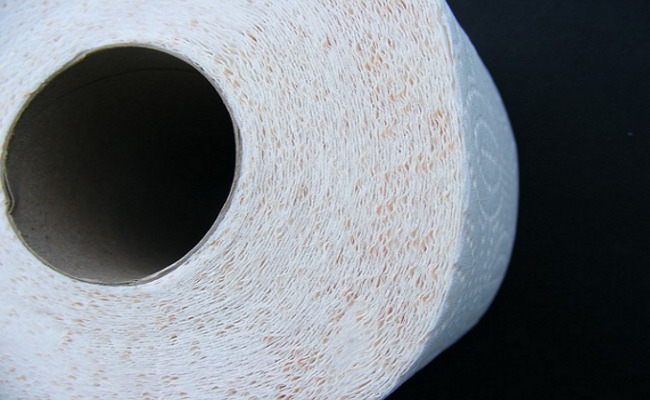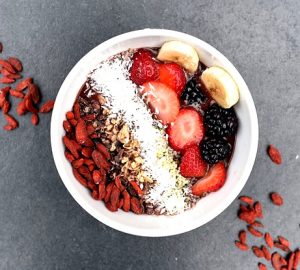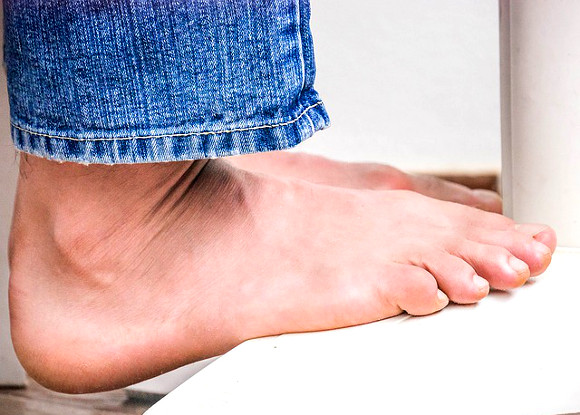Constipation is a common occurrence. Most people experience constipation at some point in their lives, but despite that, constipation can bring pain and frustration and few people talk about this problem. Women suffer more often from constipation than men, and also constipation often occurs in older people.
Fortunately, in most cases, constipation is temporary and only simple lifestyle changes (mainly dietary) can eliminate this unpleasant problem.

What is constipation?
Constipation is irregular and difficult emptying of the bowel, hard and dry stools and the feeling of insufficient emptying of the colon.
When irregular emptying of the colon is mentioned, many wonder what exactly it means. It’s a fact that in different people the period between the bowel movements is different. Some people have a need for emptying 3 times a week, some 2-3 times daily. It is estimated that 95% of people perform 3 to 21 bowel emptying per week and it is considered normal.
From the medical point of view constipation is defined as less than 3 bowel movements per week.
Symptoms of constipation
Symptoms of constipation include:
– Less than three bowel movements per week;
– Hard stool;
– Difficulty of emptying your bowel;
– Feeling of insufficient emptying of the colon
It is considered that you have constipation if at least 2 of these symptoms have appeared within 3 months. Also, constipation can cause swollen stomach, vomiting and abdominal pain which disappears after bowel emptying.
You should immediately contact a doctor if:
– You have severe pain in the abdomen;
– You have bloody stools;
– You feel rectal pain;
– After constipation you have diarrhea, because it is a sign of irritable bowel syndrome (IBS);
– You lose significant body weight;
– For 3-4 days you have felt only once the need for emptying the bowel (defecation), despite that you have changed your diet and you are exercising more often.
Causes of constipation
The most common causes of constipation are:
– Insufficient intake of fluids or dehydration;
– Low consumption of foods rich in fibers;
– Absence of physical activity;
– Irritable bowel syndrome (IBS);
– Changes in lifestyle (diet, travel, pregnancy, etc.)
– Stress;
– Ignoring the need for emptying your bowel (defecation) or delaying emptying;
– Frequent use of laxatives;
– Diseases of the thyroid gland (hypothyroidism), Parkinson’s disease, high blood pressure, depression, hemorrhoids;
– Certain drugs.
How to prevent constipation?
In most cases simple changes in diet and lifestyle are sufficient, this way you will improve the situation and the unpleasant symptoms of constipation will disappear. But if such changes does not improve the situation, sometimes a medical treatment and receiving proper medication might be required.
Here’s what you can do to help yourself:
1. Consume fiber-rich foods! Best sources of fiber-rich foods include fruits (apples, black plums, pears, apricots, oranges, bananas), vegetables (tomatoes, broccoli, spinach, cauliflower, carrots), legumes and cereals.
2. Eat less sugar! People that consume more sugar more often suffer from constipation. Limit the consumption of sugar, ice cream and sweets.
3. Exercise regularly! Walk several times a day for 10-15 minutes and it will improve the work of the digestive system. If you are physically active, focus yourself into aerobic exercises, running, swimming or dancing. It is believed that certain yoga postures are facilitating the symptoms of constipation.
4. Drink enough fluids! How much fluids should a person drink depends on many factors such as sex, age, health, physical activity and other environmental factors, but it is generally accepted that we should consume 8 glasses of water every day. Limit the consumption of caffeine (coffee, soft drinks), because caffeine can cause dehydration.
5. Do not ignore the need for emptying your bowel! The more you wait, the more water is absorbed from the stool and the stool becomes hard. Of course, when you don’t have access to a toilet you would have to delay the defecation, but visit the toilet at the earliest opportunity.
6. Avoid strict diets! Many girls starve to lose weight and this can cause disruption to the work of the digestive system. Avoid diets that don’t include fiber-rich foods.
Homemade remedies for constipation
– Honey and hot water. Mix one tablespoon honey in hot water and drink the mixture in the morning.
– Lemon and hot water. It is believed that a mixture of lemon juice and hot water helps against constipation.
– Sesame and flaxseed. Mix a little sesame and flax seeds and eat them or add them to your oatmeal.
– Sunflower oil. Many argue that the sunflower oil helps with constipation. Consume 2-3 tablespoons sunflower oil per day.



